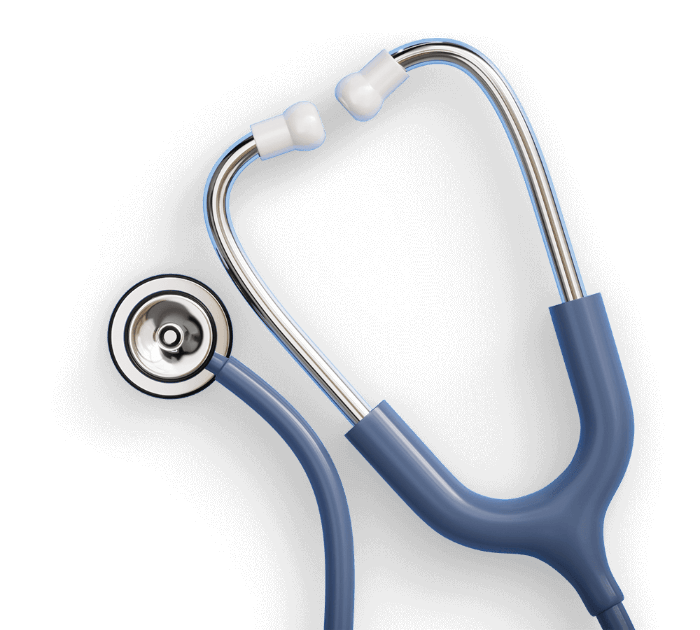Premature ejaculation is a common sexual problem that affects many men at different stages of life. It can cause frustration and embarrassment, but it is important to remember that this problem can be effectively treated. Below, we will discuss what premature ejaculation is, its causes and available treatments.
What is premature ejaculation?
Premature ejaculation is a disorder where ejaculation is achieved too quickly - often before intercourse begins or shortly after it starts. This problem can negatively affect the sexual satisfaction of both parties and intimate relationships.
Causes of premature ejaculation
The causes of premature ejaculation can be both psychological and physical. Here are the most common ones:
- Stress and anxiety: Emotional problems, such as concerns about partner/partner satisfaction, can impair ejaculatory control.
- Penis hypersensitivity: Over-sensitivity to stimuli can lead to rapid ejaculation.
- Endocrine disruption: Changes in hormone levels, especially serotonin, can interfere with the ejaculatory process.
- Health problems: Conditions such as prostate disorders or diabetes can affect the ability to control ejaculation.
- Pelvic floor muscles: Excessive tension or weakness of these muscles can contribute to premature ejaculation.
Types of premature ejaculation
- Primary premature ejaculation: Appears from the beginning of sexual activity, often linked to genetic factors.
- Acquired premature ejaculation: Occurs in men who have not previously had problems with ejaculatory control, and may result from sudden health or psychological changes.
- Generalised premature ejaculation: Applies to men who consistently experience rapid ejaculation, regardless of the circumstances.
- Situational premature ejaculation: Occurs only in certain situations, e.g. in a new relationship or under stress.
Effects of premature ejaculation
- Frustration and stress: The problem can lead to stress, lowered self-esteem and emotional tensions.
- Sexual insufficiency: Reduced intercourse time can result in dissatisfaction for both parties.
- Relationship problems: Lack of control over ejaculation can lead to difficulties in partner relationships.
- Avoiding sex: Some men may avoid sexual contact for fear of failure, further exacerbating the problem.
Treatment methods for premature ejaculation
Treatment depends on the causes and severity of the problem. Here are the most commonly used methods:
- Kegel muscle exercises: Strengthen the pelvic floor muscles, which helps to control ejaculation.
- Psychological therapy: Effective when the problem is due to anxiety, stress or emotional problems.
- Pharmacotherapy: Medications such as selective serotonin reuptake inhibitors (SSRIs) or anaesthetic creams can help delay ejaculation.
- Hormone therapy: If the problem is due to an endocrine disorder, treatment may involve regulating hormone levels.
- Behavioural therapy: Helps to identify and change habits that influence ejaculation. Techniques such as the stop-start method are effective in increasing control over ejaculation.
Summary
Premature ejaculation is a common but often embarrassing problem that can be treated effectively. There are many treatments available, from exercise to psychological therapy to pharmacotherapy. It is important not to delay seeking help and to talk openly about the problem with your doctor to find the best solution tailored to your needs.
More information can be obtained from our doctors by starting a medical e-consultation at any time.
